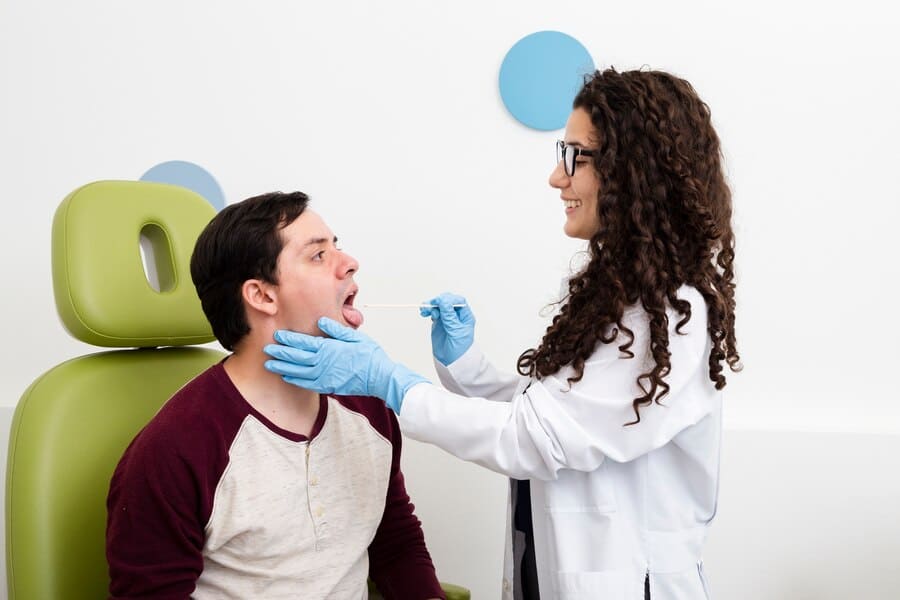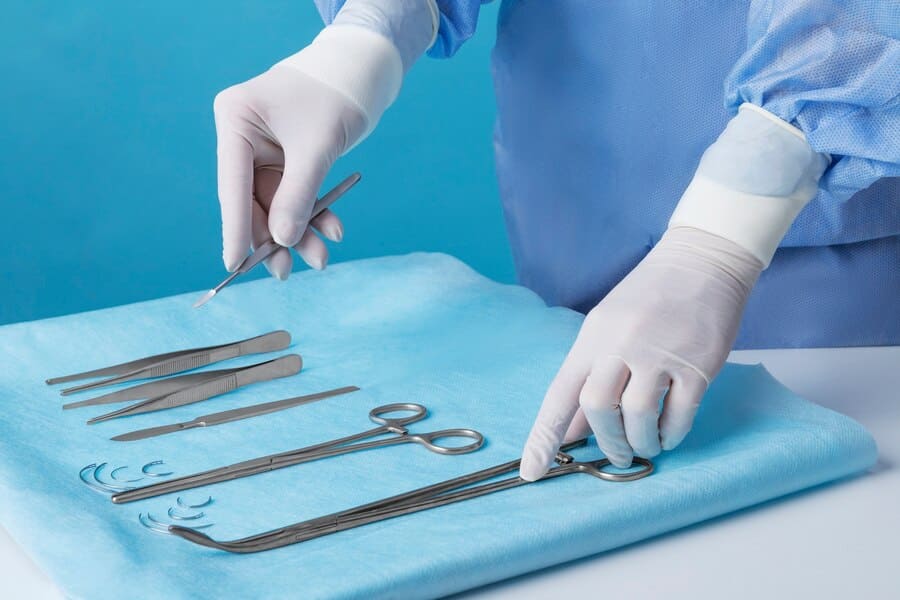Recent Services
- otology
- Cochlear and Hearing implants
- Nose and Sinus (Rhinology)
- Voice and Throat (Laryngology)
- Dizziness and Vertigo (Neuro-otology)
- Children (Paediatric) ENT
- Snoring and sleep-apnea
- Head and neck cancer
- Thyroid swelling
- Head neck swelling
- Nasal Allergy- Allergin rhinitis
- Difficulty in swallowing
- Difficulty in breathing

Nasal and sinus blockage can cause significant discomfort and impact daily life, often due to chronic sinusitis, nasal polyps, or a deviated septum. Symptoms typically include nasal congestion, facial pain, and a diminished sense of smell. Our approach involves a comprehensive evaluation using advanced imaging and endoscopy to accurately diagnose the cause. Treatment options are customized and may include medications like nasal sprays and antibiotics or surgical interventions for persistent issues. Our goal is to provide effective relief, restore normal nasal function, and improve overall quality of life through targeted therapies and ongoing care.





